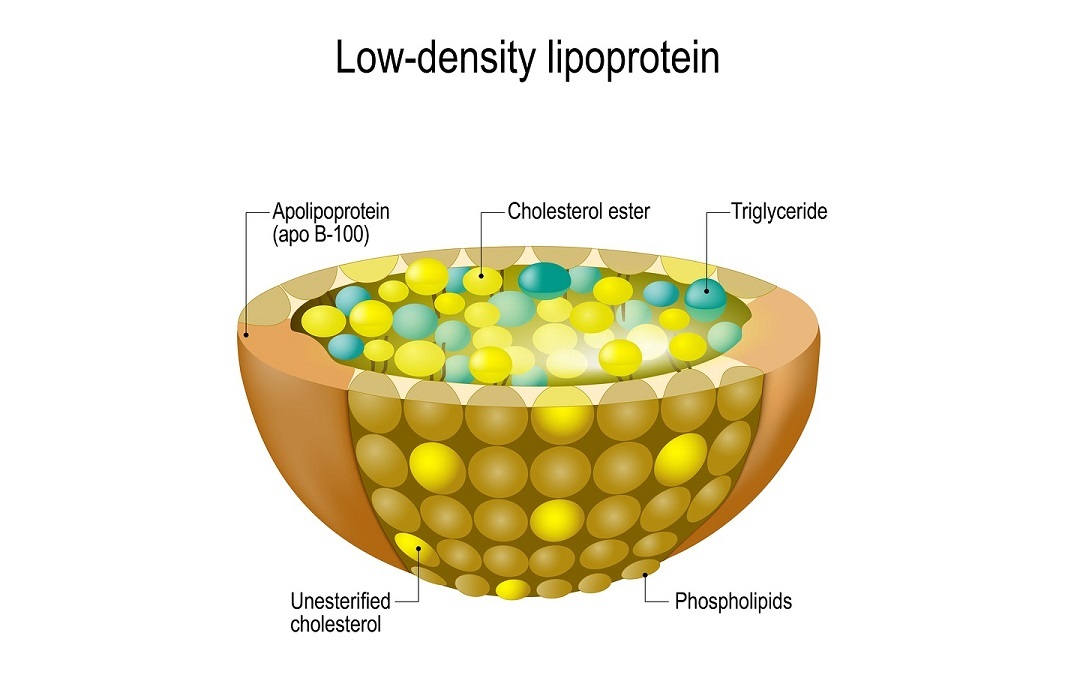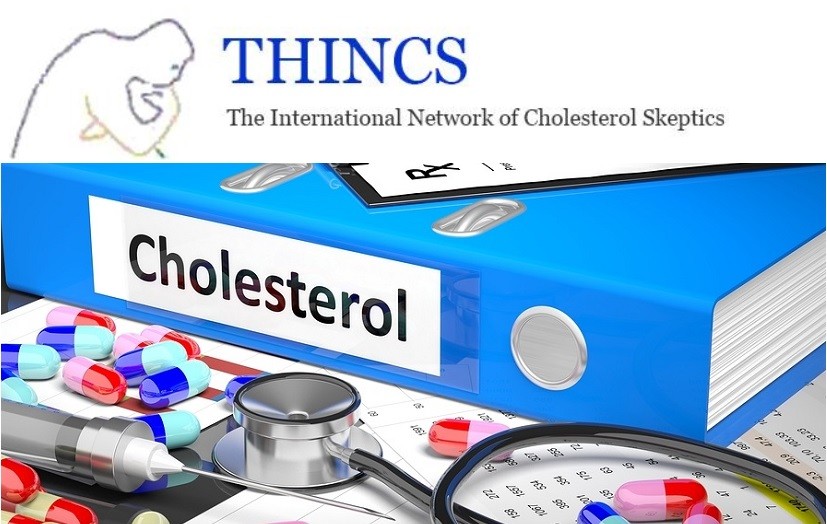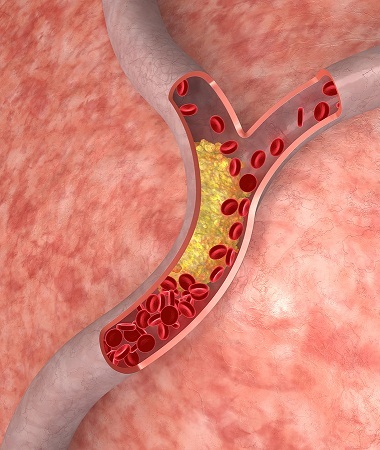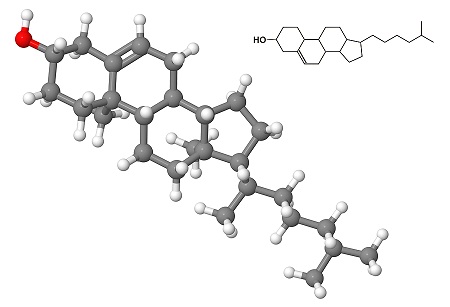Dispelling the Myth that LDL Cholesterol is “Bad”
Independently-sourced research challenges the idea that LDL (low-density lipoprotein) is the "bad cholesterol," and causes heart disease. However, the theory that LDL is "bad" persists in the mainstream media and with Big Pharma, mainly because they would lose billions of dollars in drugs and treatments to admit the theory lacks merit. The hypothesis of saturated fat creating artery-clogging cholesterol as the source of heart disease should be considered dead and incapable of resuscitating, based on the scientific evidence. But one still sees and hears fearful statements about lowering cholesterol and avoiding heart disease, mostly on mainstream media but even all too often on internet alternative media sources. Current research is showing LDL is not dangerous and it’s not an accurate marker for pending heart disease.











